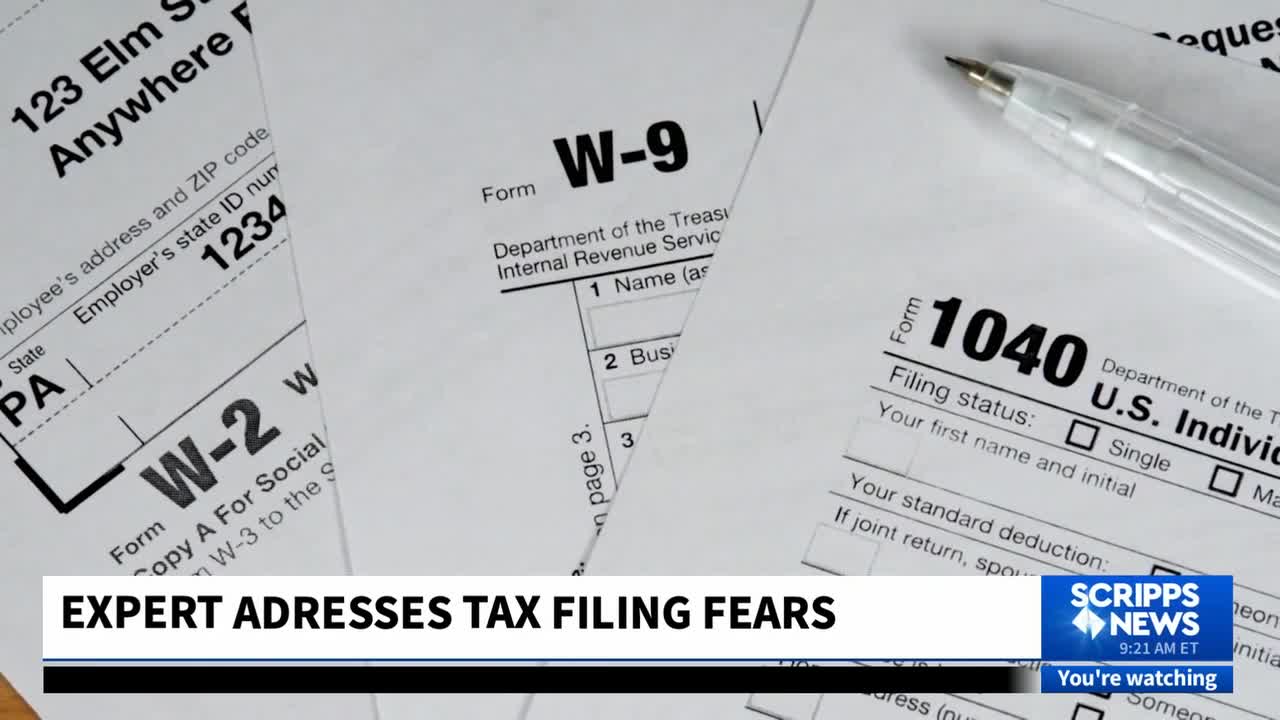First-time homeowner? Here's what you need to know about filing your taxes.

If you bought your first home in 2024, congratulations! It’s a big step and a lot of responsibility. Even better, it may bring you tax advantages that might be helpful as April 15 approaches. Here’s what you need to know:
Should you itemize your taxes?
For first-time homeowners, this may be the first opportunity you’ve had to claim more than the standard deduction on your taxes. For the 2024 tax year, that’s $14,600 for individuals and $29,200 for married couples filing jointly. In plain English, that means that if your tax-deductible expenses add up to more than those amounts, you should itemize – list out all those individual expenses ‒ to claim a bigger deduction.
Among those expenses, one of the biggest is mortgage interest. You should receive a Form 1098 from your mortgage servicer that will show how much you paid during the tax year.
Depending on when you closed during the year, you may not have paid that much in interest, meaning you may still make out better if you take the standard exemption, says Brian Tullio, a wealth manager at Independence, Ohio-based Fairway Wealth Management. But know that even if that’s true in your first year, it may change in the future.
You can also deduct your state and local taxes, up to a cap of $10,000, from your federal taxes.
Other expenses that aren’t related to owning a home may also be deductible. If you find you're having trouble figuring it all out, there’s always the option of consulting a tax professional for help, even if you’ve never done so before.
Are home improvements tax-deductible?
Making upgrades to your home can be helpful for tax purposes in the long run – when you get ready to sell, that is, but not so much on an annual basis. Still, you might want to take this time, when you’re gathering up your documents and receipts, to make sure you’re tracking those expenses for the long term.
It’s important to remember that not everything you do in the name of home improvement is a deductible expense. A simple rule of thumb is that anything permanent and structural counts – renovations, not painting the walls.
The IRS has a helpful guide that may come in handy for tracking expenses in the years before you decide to sell, Tullio says.
And while you're tracking expenses for the long term, don't forget that some closing costs may be used to defray any profit you make from selling.
Are home office expenses tax-deductible?
Yes, home office expenses are probably tax-deductible if you work for yourself. But if this is the first time you're facing this situation, this is where you might want to consult a professional, says Billy Spencer, a Boston-based wealth manager at Crestwood Advisors. There are different ways to calculate what you can deduct, and there are also some tradeoffs that may come up when you get ready to sell the property in the future, Spencer notes.
In addition, there are additional deductions and items to be aware of on the state level, which a tax professional can help you determine.